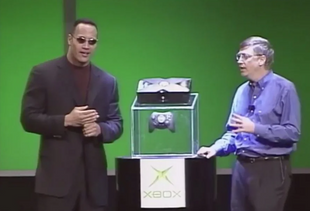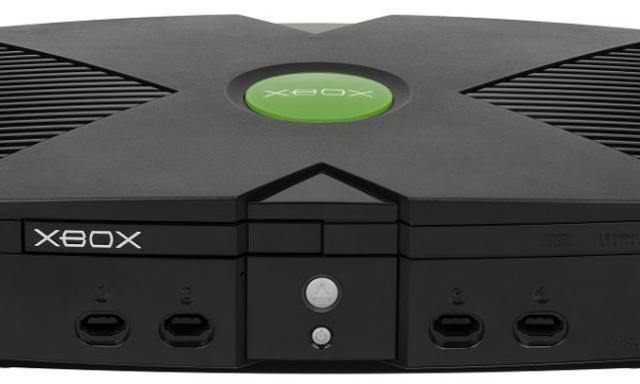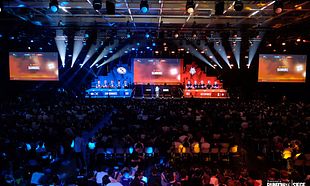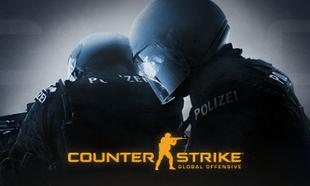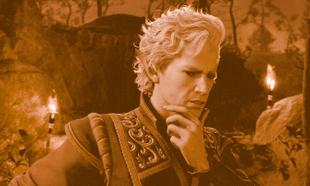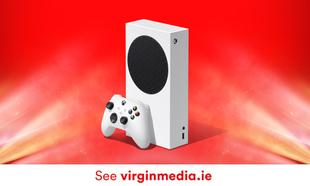By November 2001, the PlayStation 2 was on top of the world; Sony's juggernaut was well on its way to becoming the biggest-selling console of all time, but November 2001 saw a new contender enter the ring.
Microsoft entered the fray with its Xbox console this week in 2001, and in short, it established a true three-way race for console supremacy.
Japan's developer titans of Sony and Nintendo were engaged in an arms race of sorts, but it took American giant Microsoft to truly shake up the console wars.
Just as Sony's PlayStation disrupted the industry in the 1990s, they soon found themselves in the same position as the companies they disrupted with Microsoft's arrival on the console scene.
The PlayStation 2 still outsold the Xbox by a comfortable margin (in fact, games were still being developed for the PS2 as late as 2013) with Sony's machine selling over 150 million units compared to Xbox's 25 million.
However a great empire spawns from simple seeds, and Xbox's entry into the gaming industry can be considered as disruptive and game-changing (for lack of a better term) as United Artists entering the studio landscape in the film industry.
The launch of the Xbox also introduced the world to 'Halo', with the character of Master Chief becoming as much of an icon of gaming as Mario or Gordon Freeman in the process.
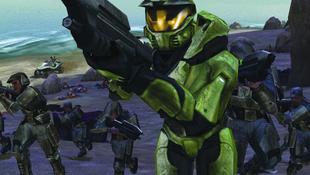
'Project Gotham Racing' was another major launch title that spawned a franchise, with the arcade racer serving as a fine alternative to the suit-and-tie simulation of 'Gran Turismo'.
Even Tony Hawk got in on the action, with the skateboarding icon receiving his own exclusive game for the Xbox launch, although of course the Birdman's own 'Pro Skater 3' was available for rival consoles, and this was rectified for the European launch in March 2002.
The original Xbox controller was, to use a scientific term, bloody massive.
You could conceivably break a window if you threw it in the wrong direction, and would probably serve as a danger to low-flying aircraft in the vicinity.
The 'Duke' as it's been lovingly dubbed by Xbox fans, has seen something of a reassessment for its unorthodox design, so much so players can get a controller in the spirit of the 'Duke' for the Xbox One and PC.
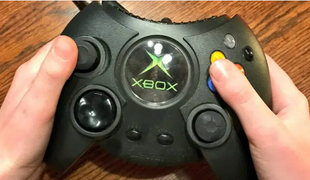
Under the hood, the original Xbox had some decent technology in it.
It used a slightly customised version of the Intel Pentium III chip for the CPU, but where Microsoft took the biggest gamble was with the graphics chip.
At the time the original Xbox went into production, Nvidia was a moderately successful manufacturer just waiting to be used for a big blockbuster project.
Using the NV2A chip as opposed to Sony's custom hardware, the Xbox was able to produce graphical clarity unseen in any console up until that stage.
Later on in the lifecycle of the PS2 and Xbox clever developers were able to squeeze as much power as they could out of the tech ('Gran Turismo 4' is playable in 1080p - for a 2004 game!) and the original Xbox received a port of Valve's blockbuster title 'Half-Life 2', a game that set the industry standards for graphics and character animations.
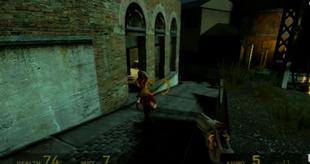
The mere virtue of getting a game like 'Half-Life 2' running on the original Xbox should be considered a minor miracle and speaks to how forward-thinking Microsoft was when it came time to choose the graphical specs for their debut console.
With the original Xbox, Microsoft sent a clear warning shot to Sony that it can't get complacent at the top of the industry.
The original Xbox sold well for Microsoft, selling over 1.5 million units in the first 2 months of its lifespan in North America.
For Microsoft's first entry into the gaming sphere, the results were a solid foundation to build on for the Xbox 360.
Crucially, it offered players an alternative; there were no longer two choices between Sony and Nintendo, now there was a viable third candidate.
The Xbox was somewhere in the middle of the Playstation and the Gamecube; it had your mass-market action games like 'Halo' or 'Ninja Gaiden' or your off-kilter RPG's like 'Fable' and 'Jade Empire'.
The PlayStation 2 was many things, but it didn't have a Bioware RPG on the console, nor did it have a surprisingly excellent 'Chronicles Of Riddick' game that is still to this day the gold standard of video game tie-ins for a film.
Advertising is king with any console, and Xbox's launch ads were brilliantly weird, including this one that ended up being pushed past the watershed slot in the UK.
Early last year, The Rock posted a hilarious throwback video of him at the reveal of the console with Bill Gates, and it needs to be seen to be believed.
Xbox was overwhelmingly popular in the 16-30 demographic, a demographic it has a stronghold on to this very day.
Bringing out a celebrity like The Rock to the console reveal showed that the Xbox was the console of choice for the younger gamer.
Xbox was the console for those who had a Nintendo or a Sega console in the 90s but wanted a console with a bit more grit and teeth to it.
Microsoft saw a gap in the market for that specific type of gamer and locked it down.
With Microsoft's financial backing, the Xbox tapped into a rich vein of gamers, and with the launch of Xbox Live in 2002, the gaming landscape was changed forever.
'Halo' became the first game where the online component was just as important as the single-player campaign.
However, the impact of 'Halo' and Xbox Live is an article for another day.
Xbox came, saw, and nearly conquered, and it all began on this week in 2001.
